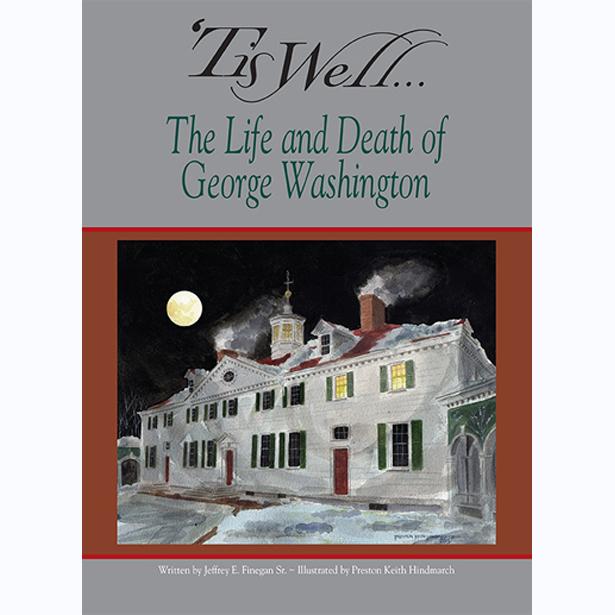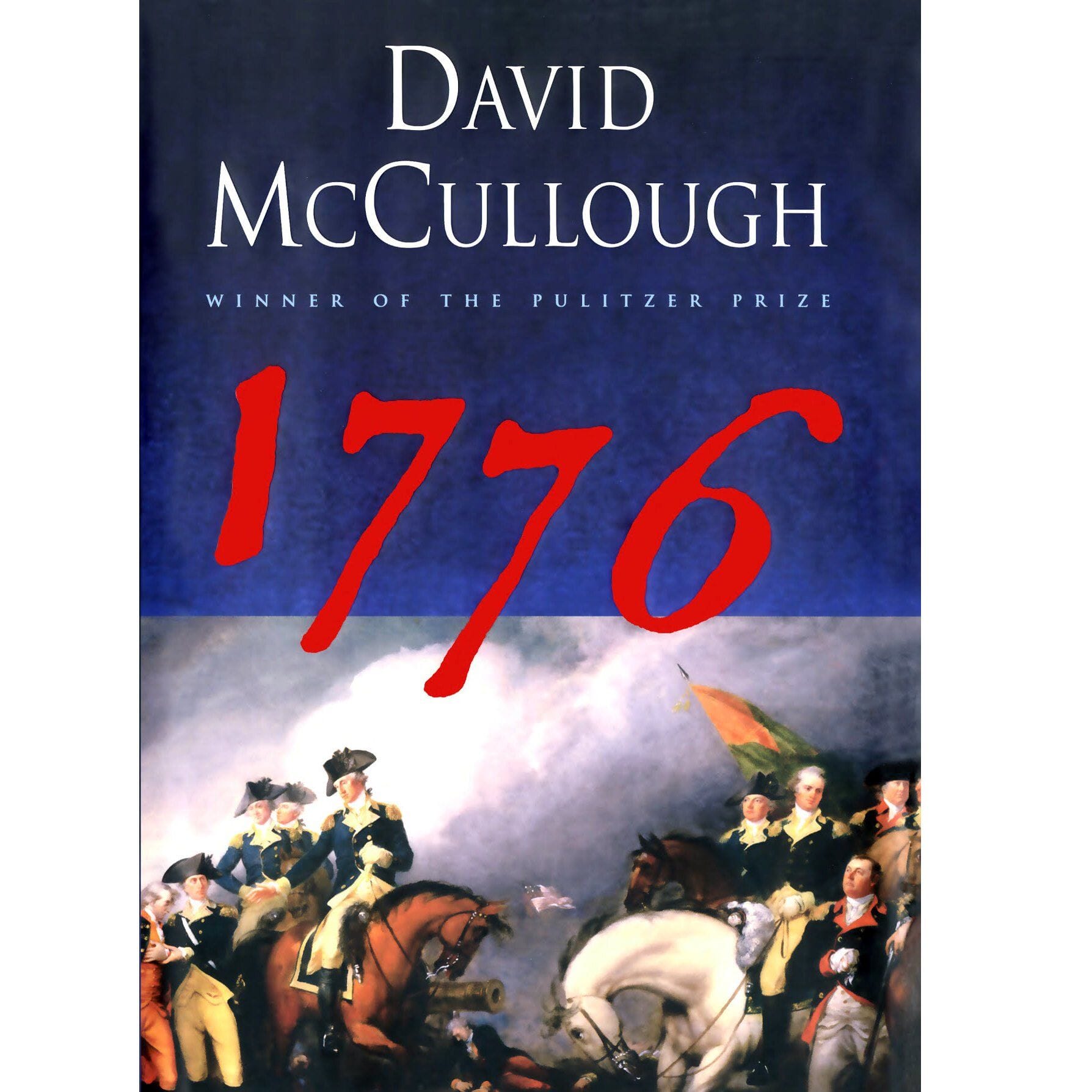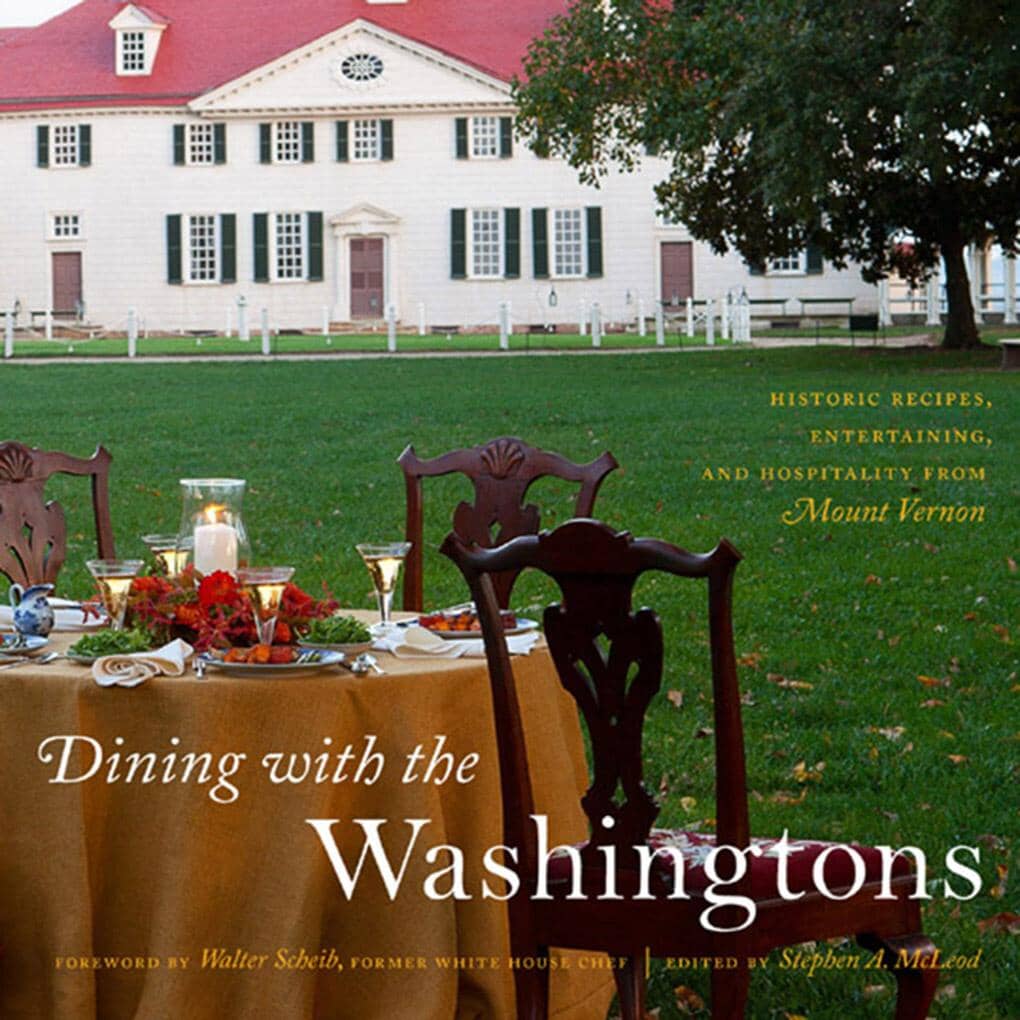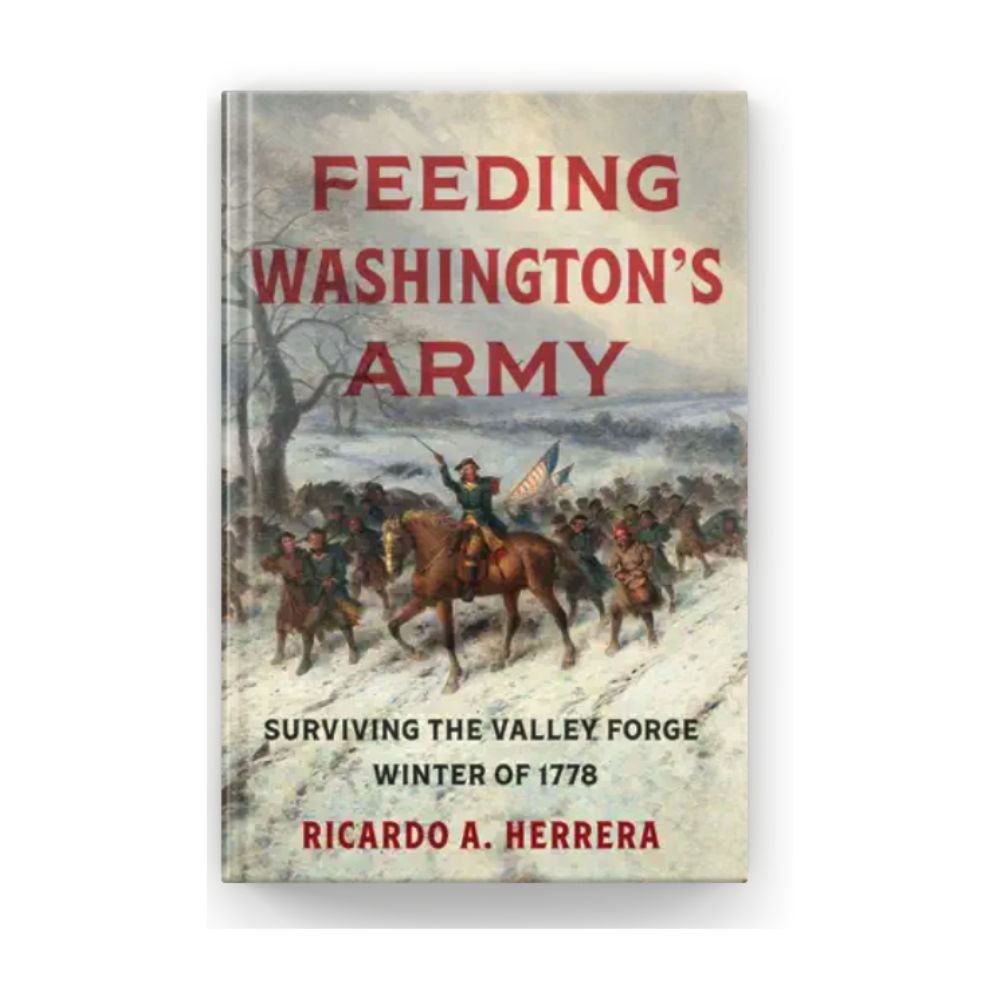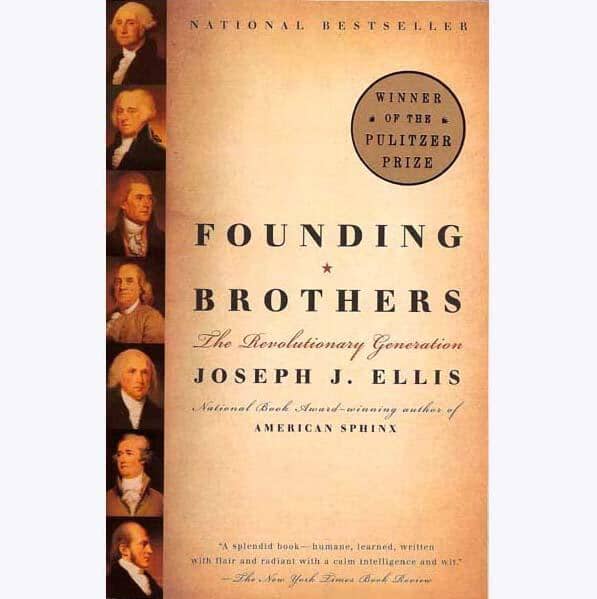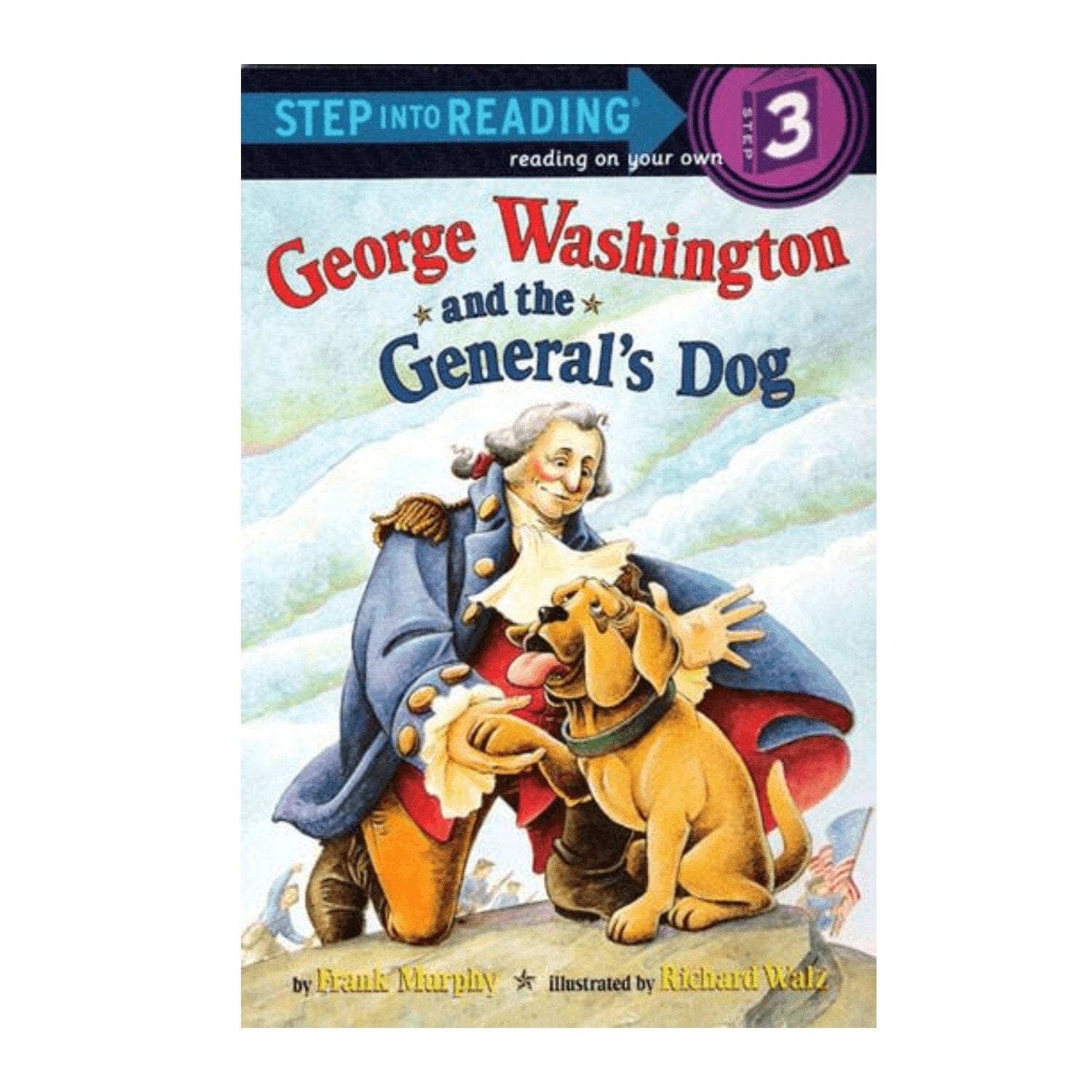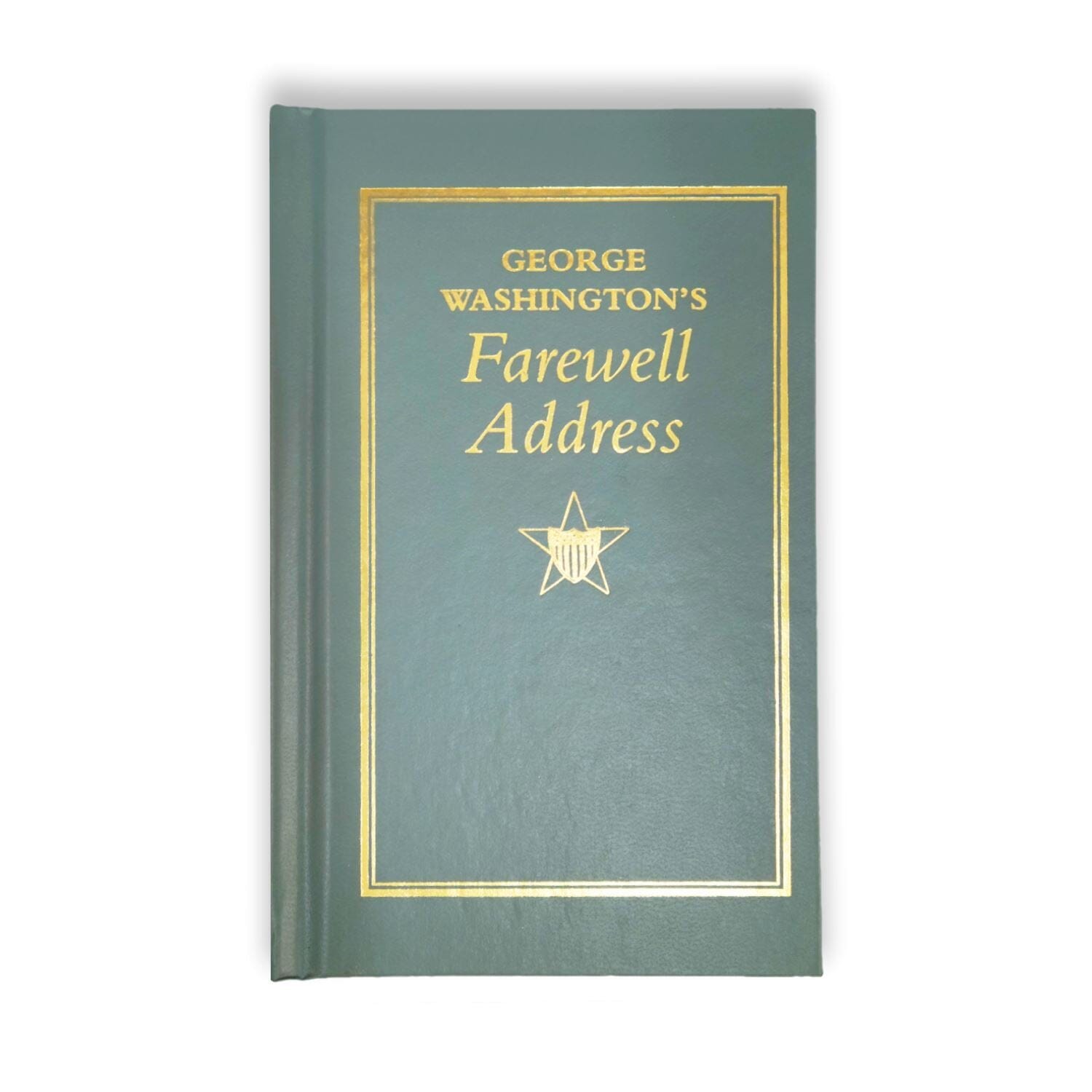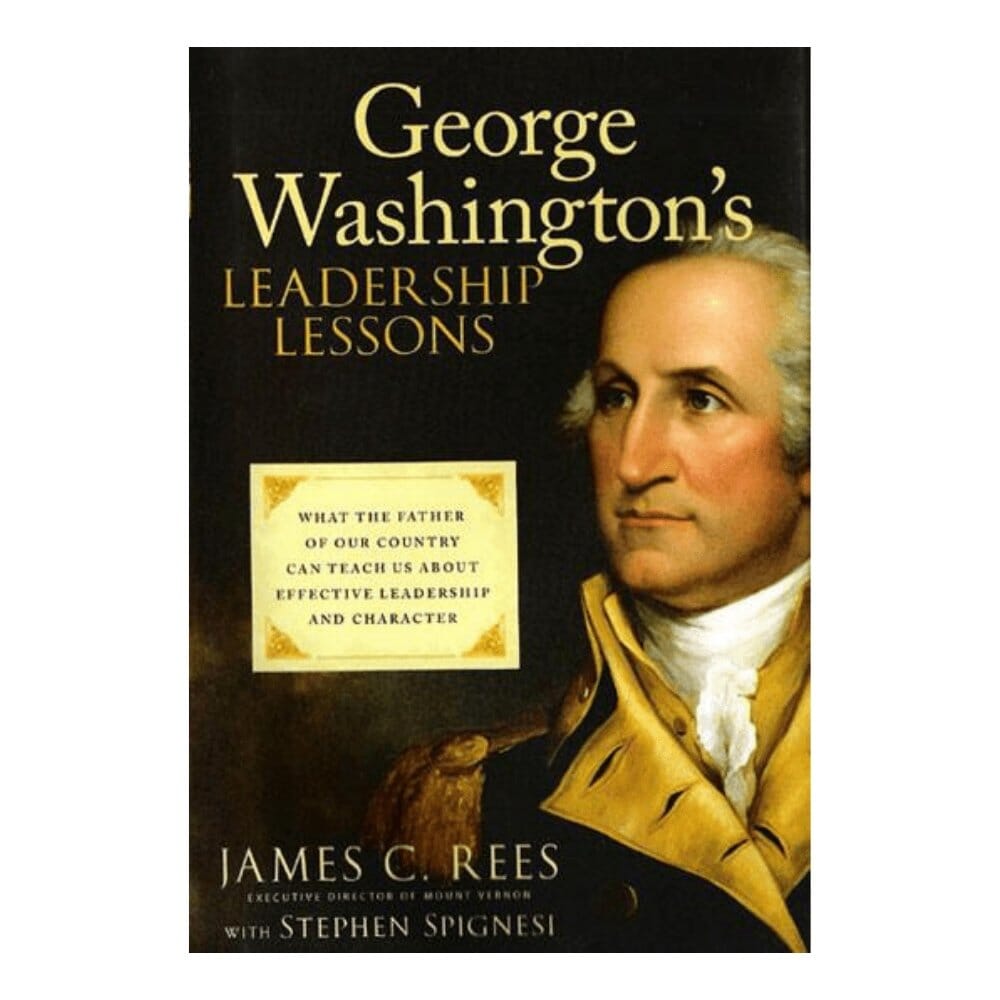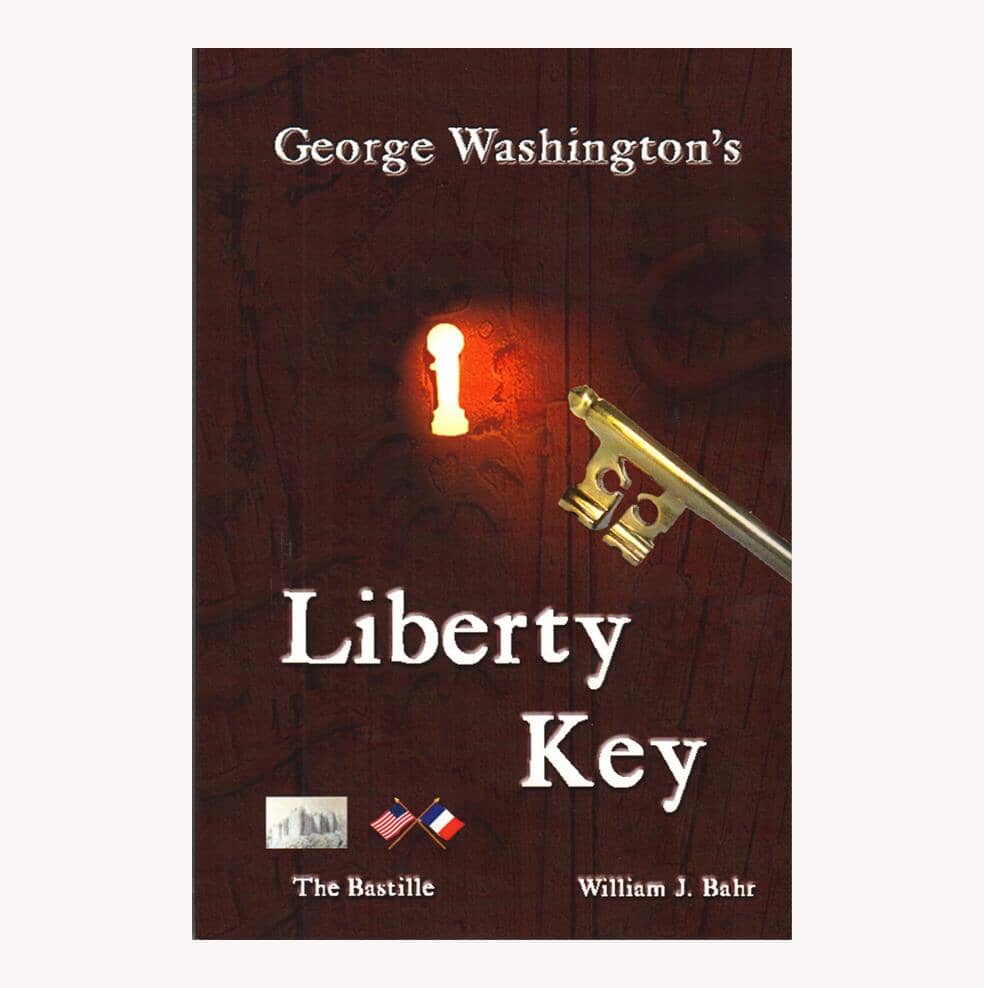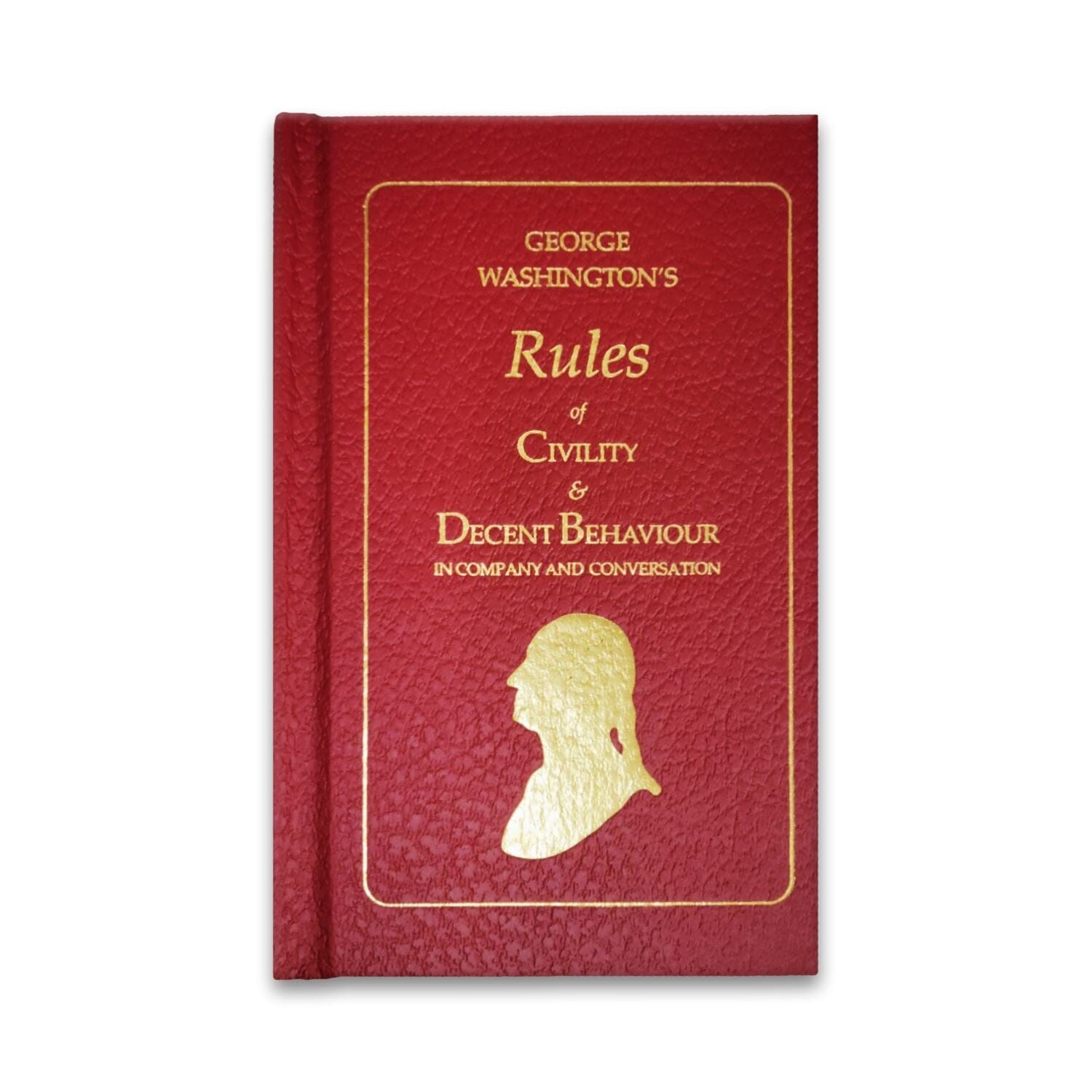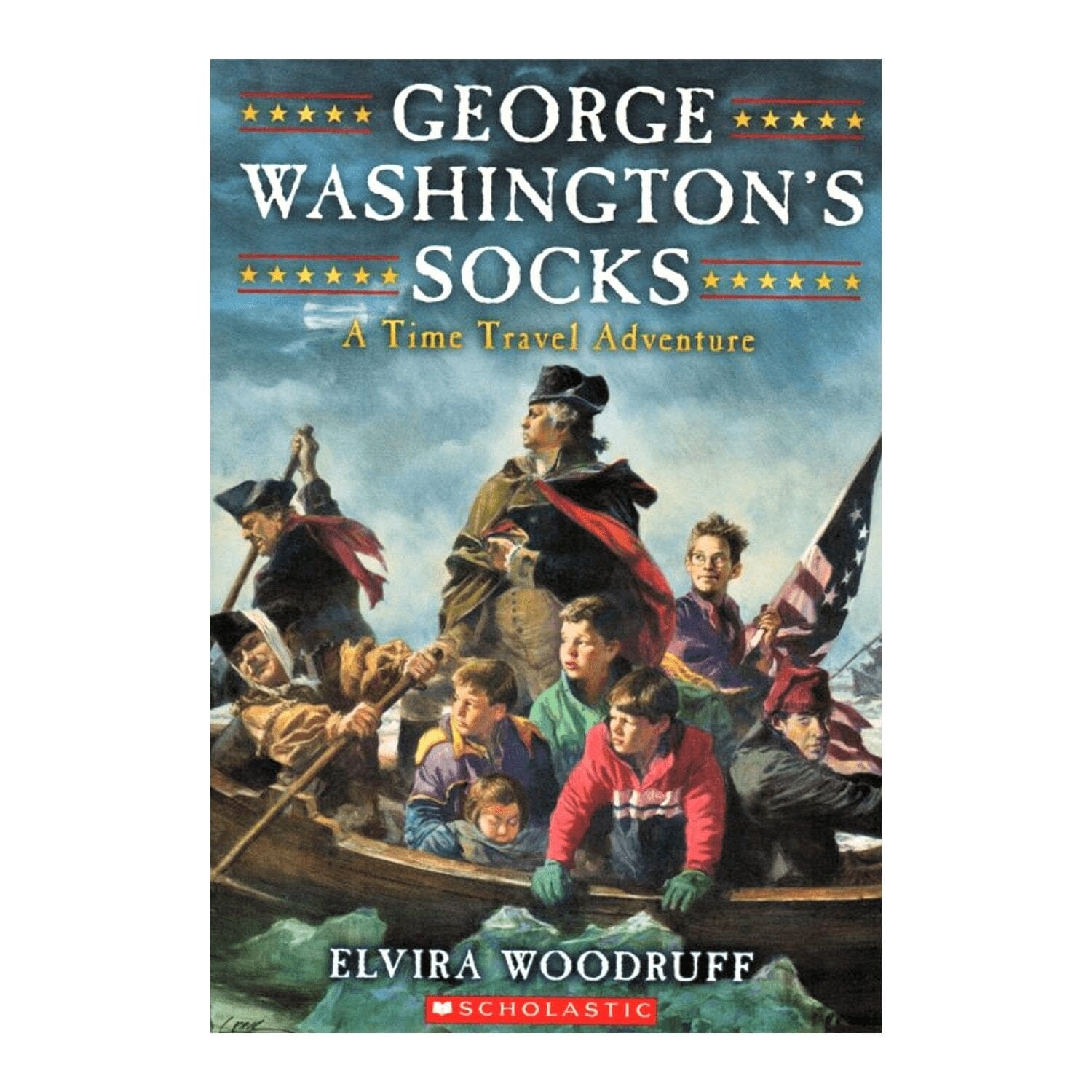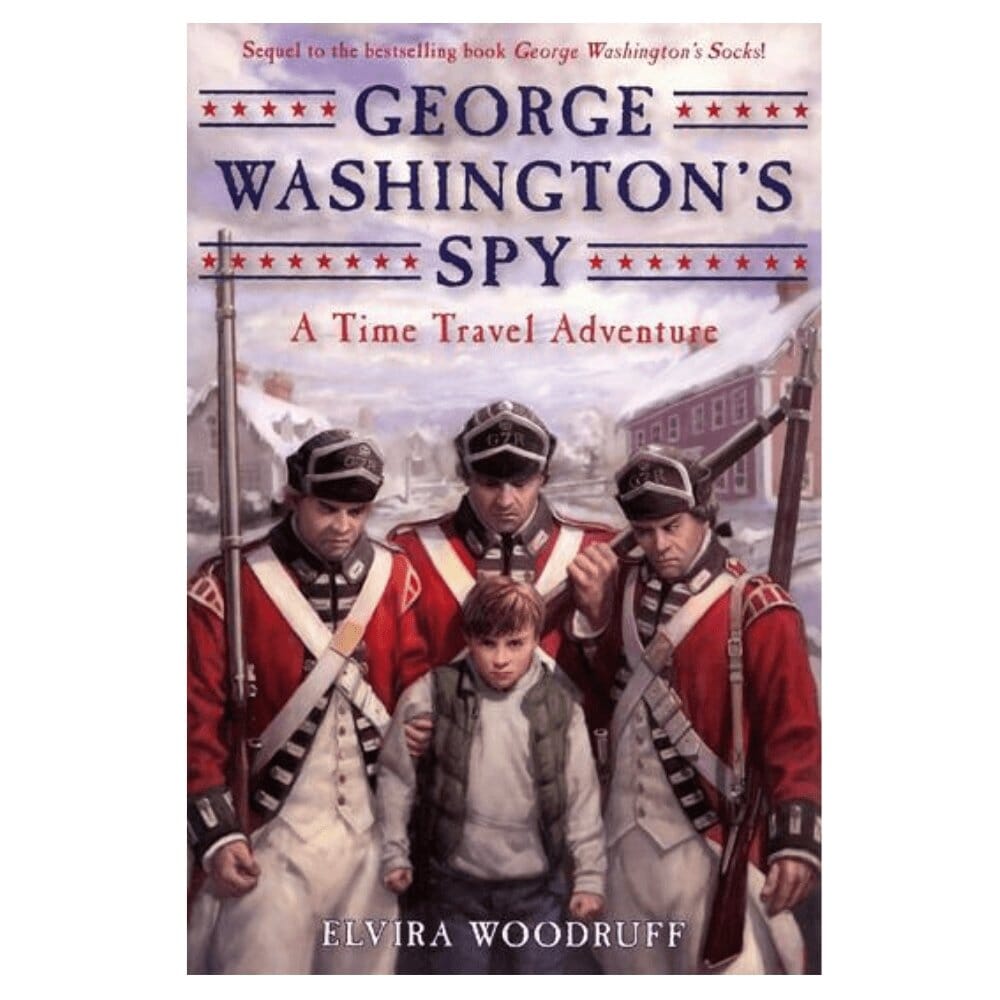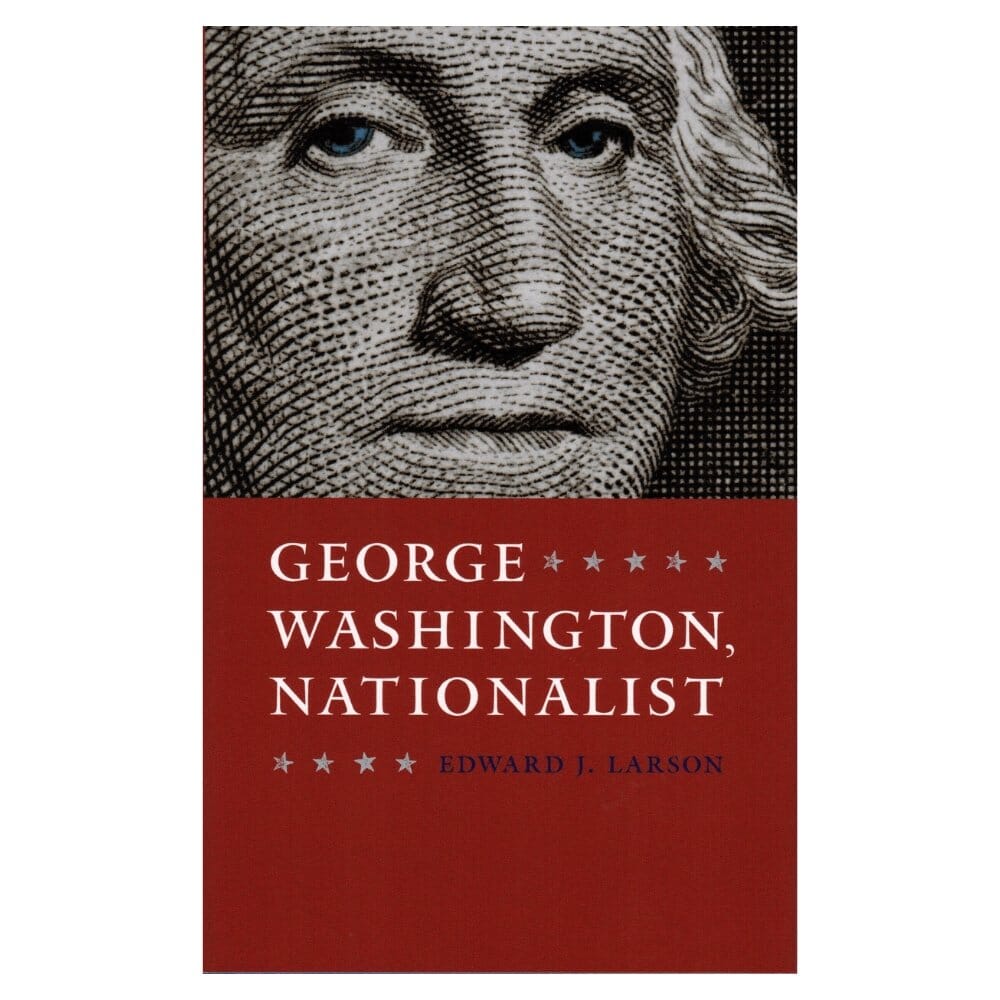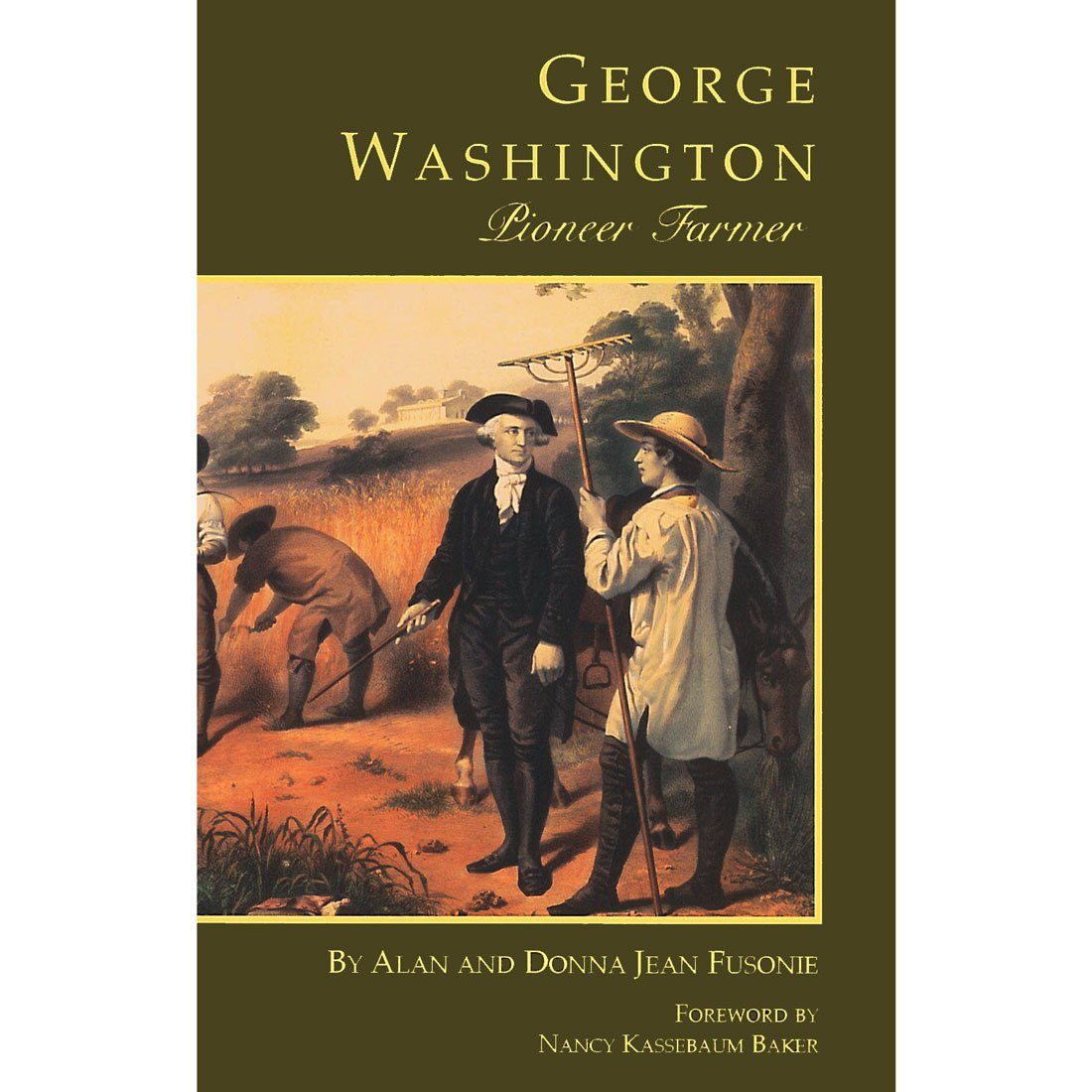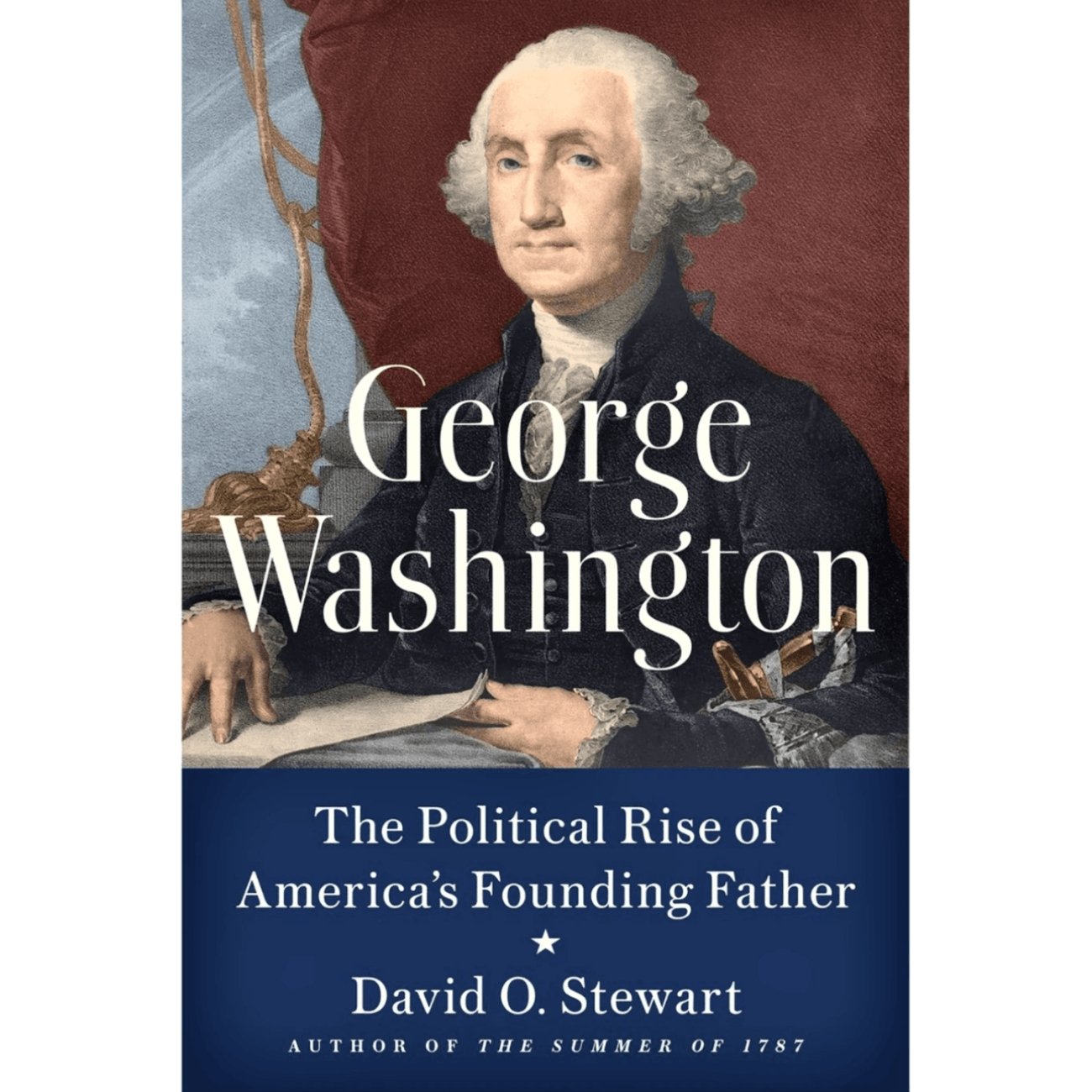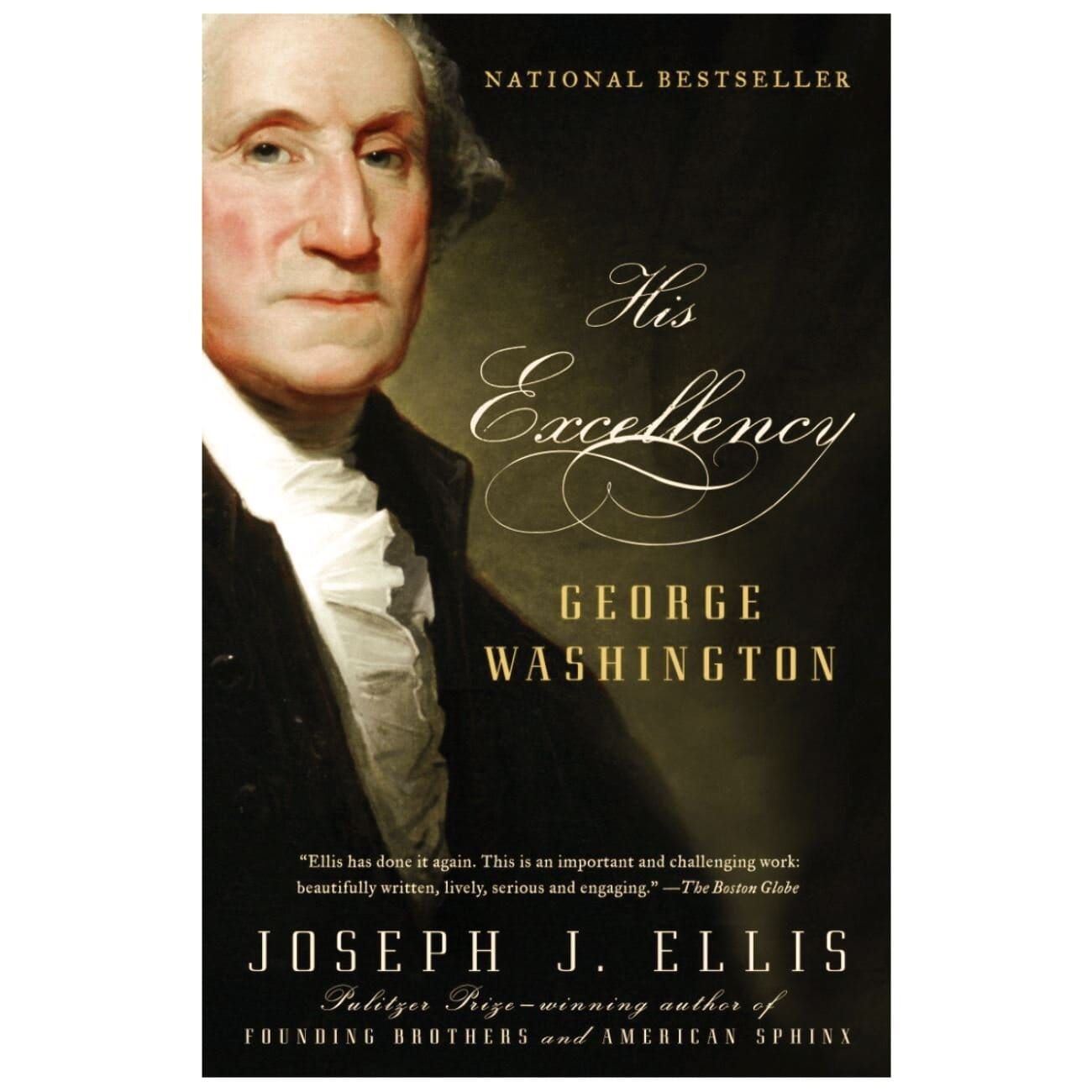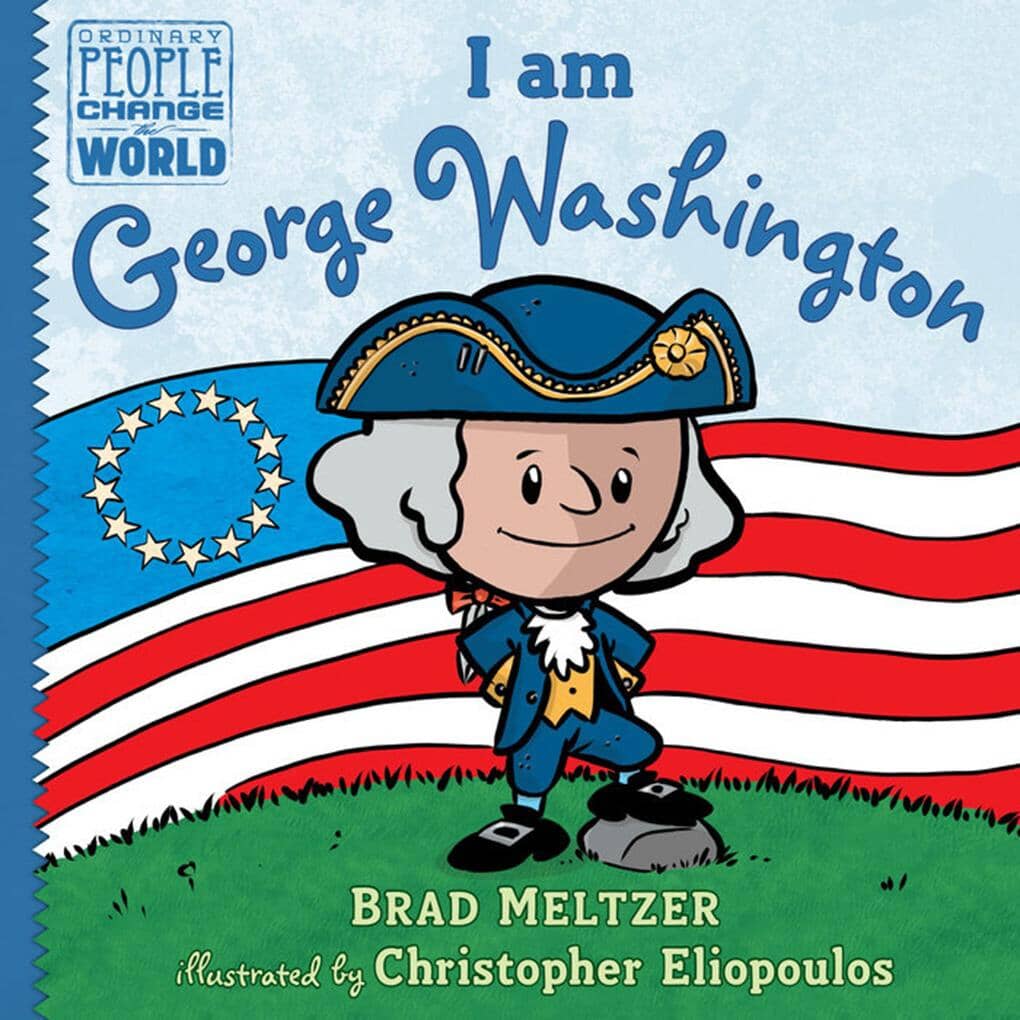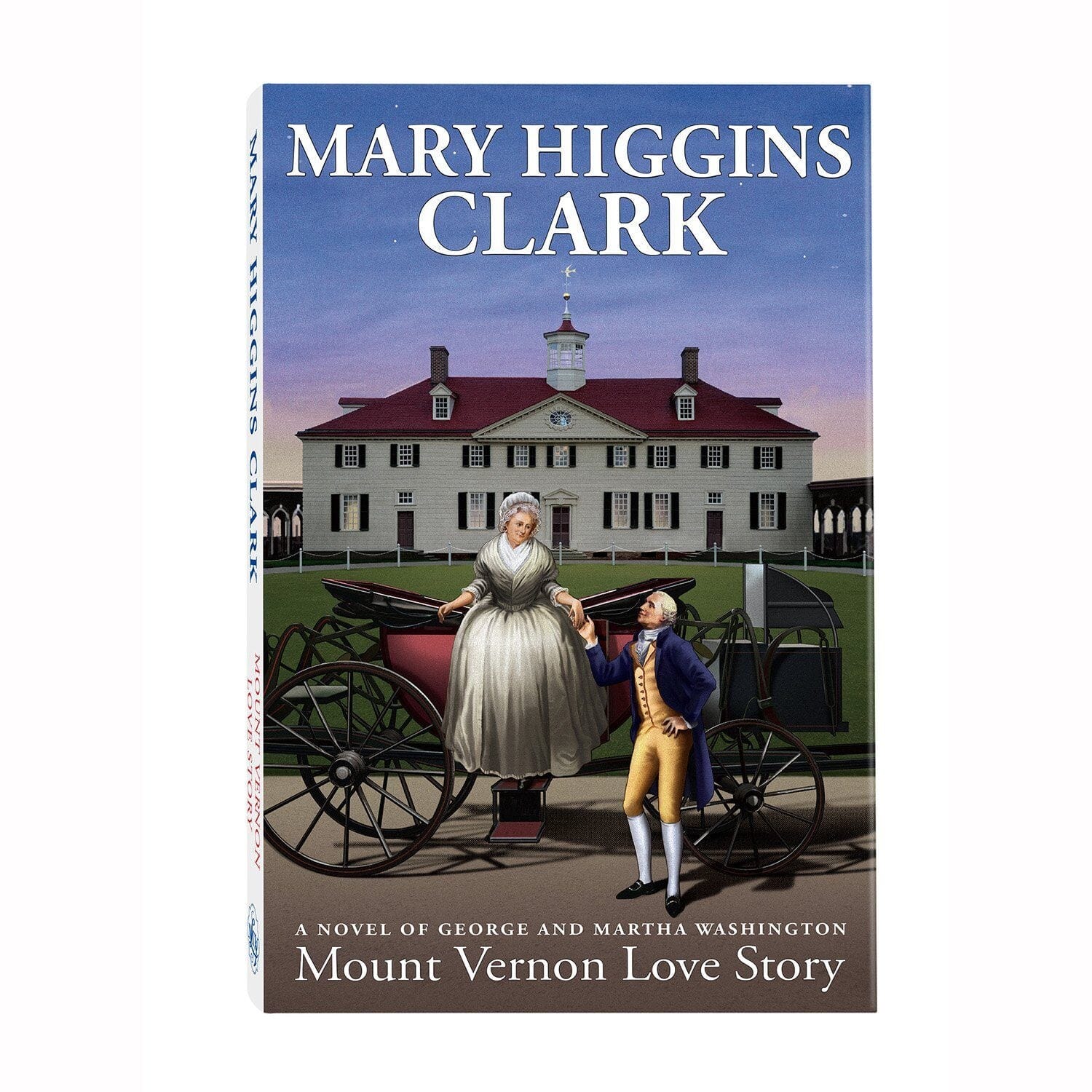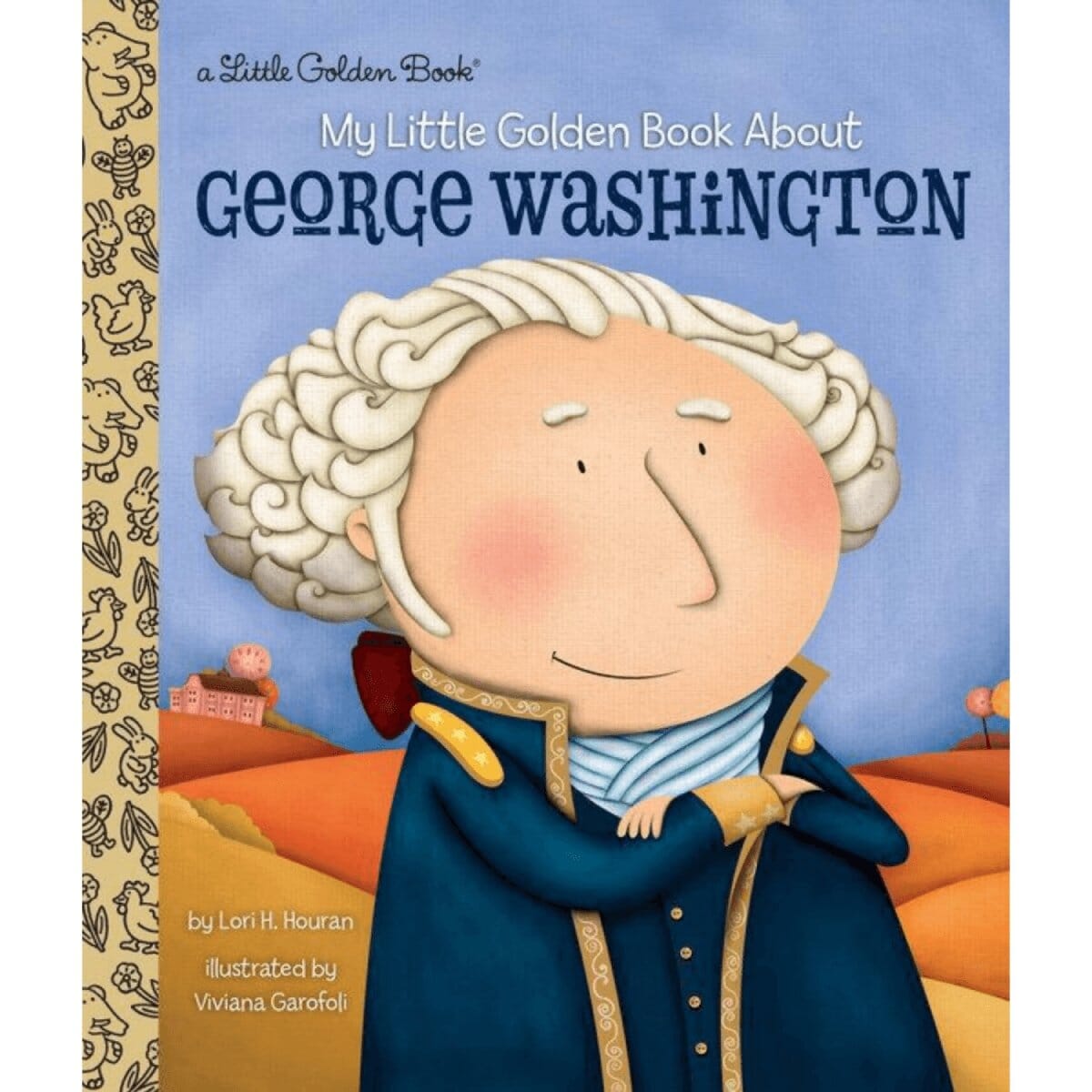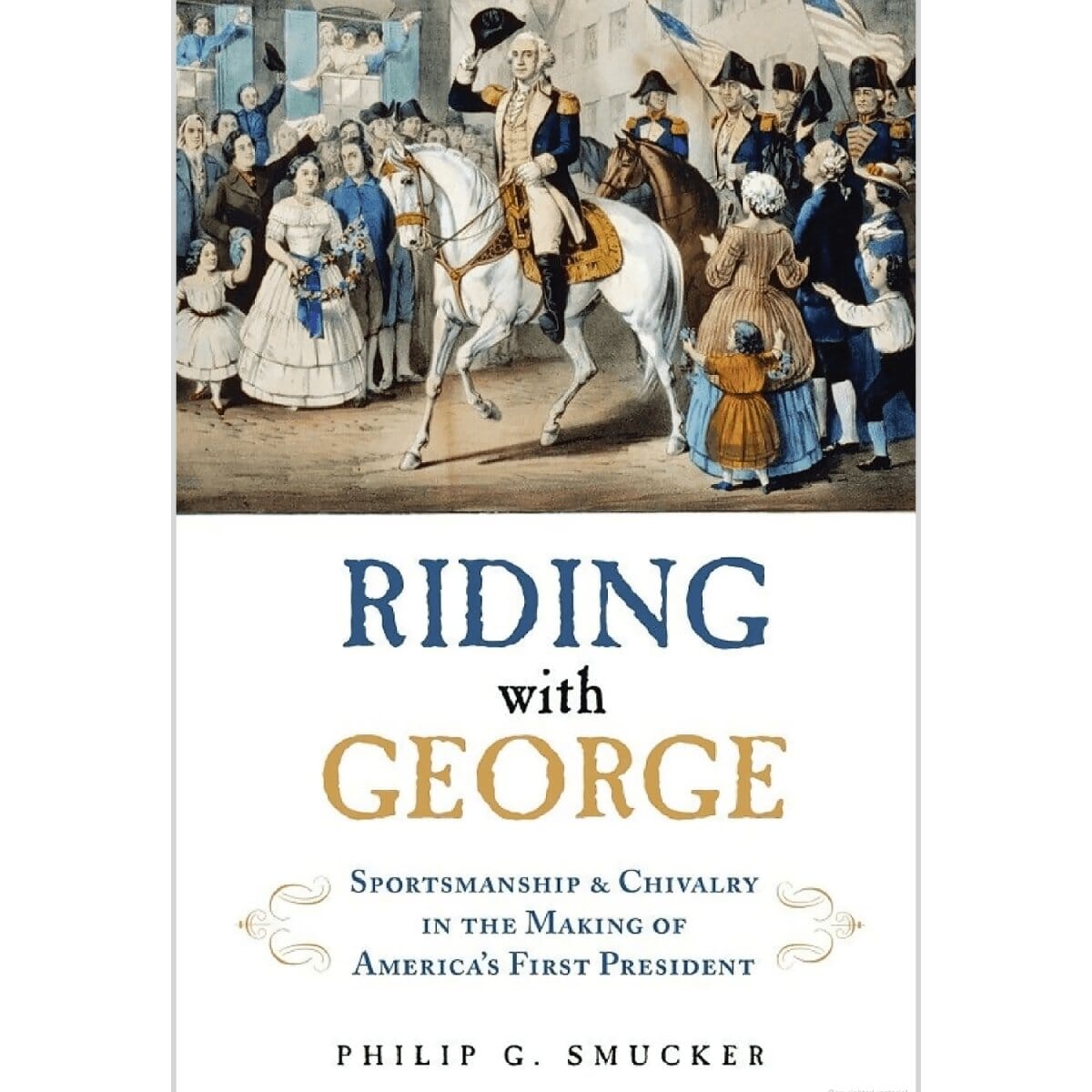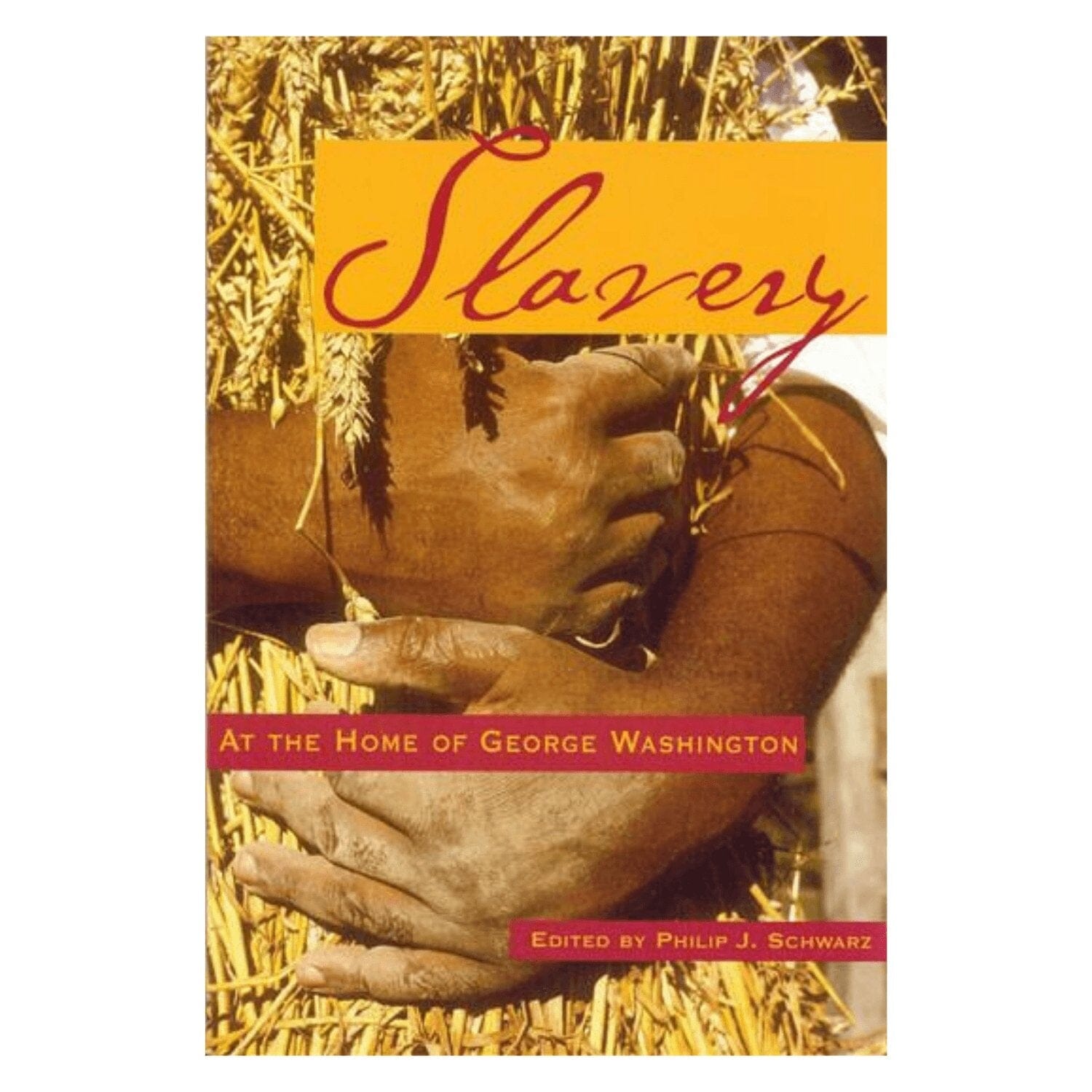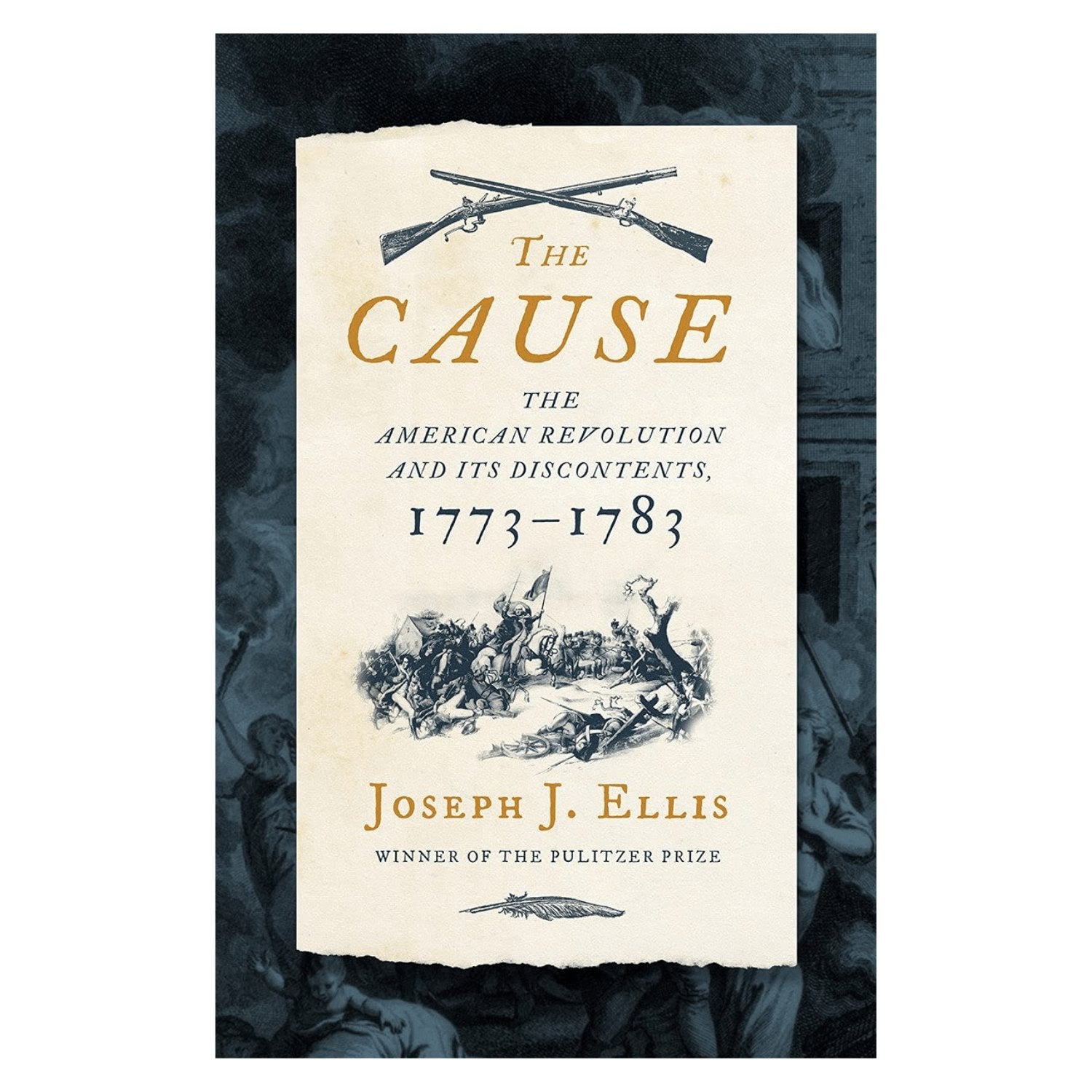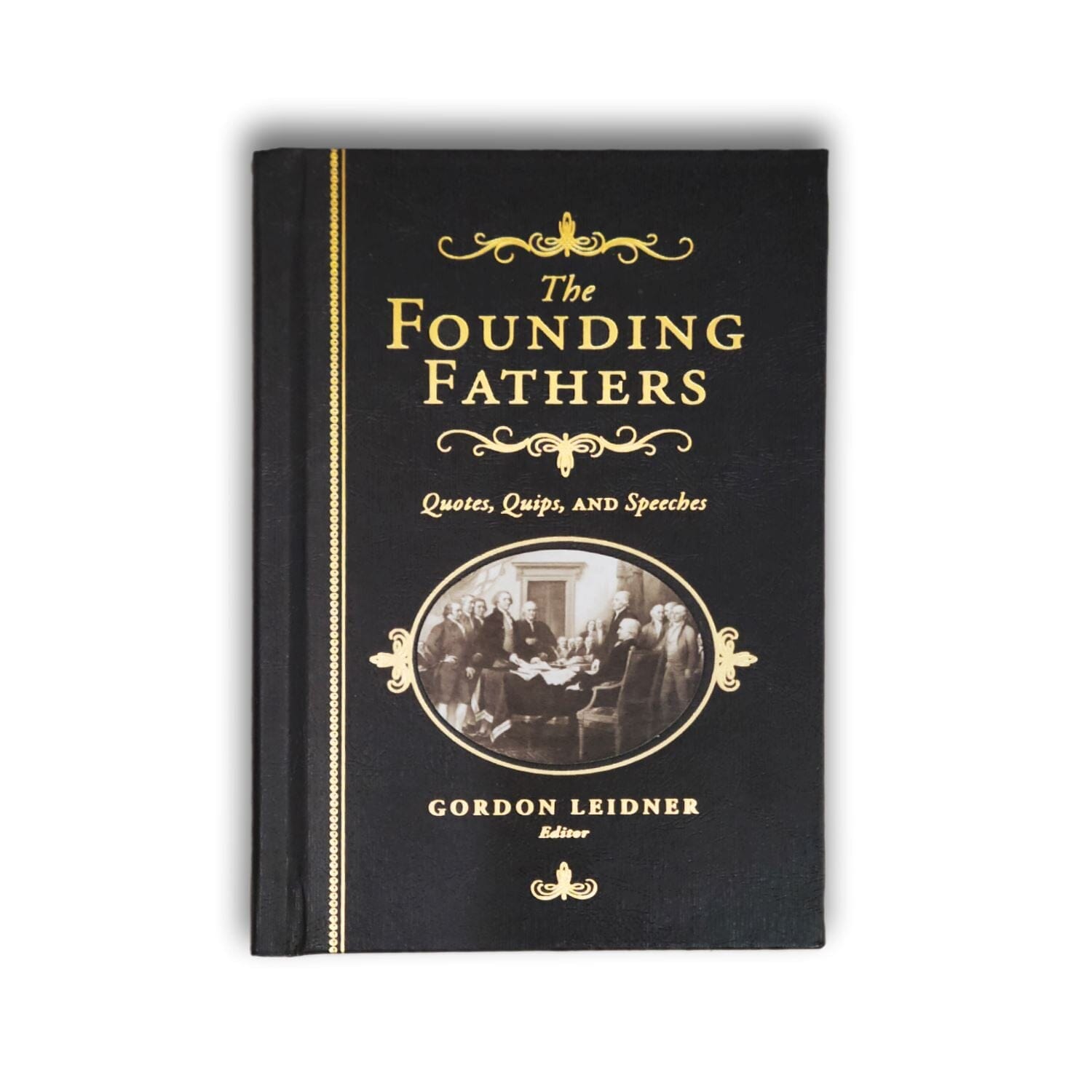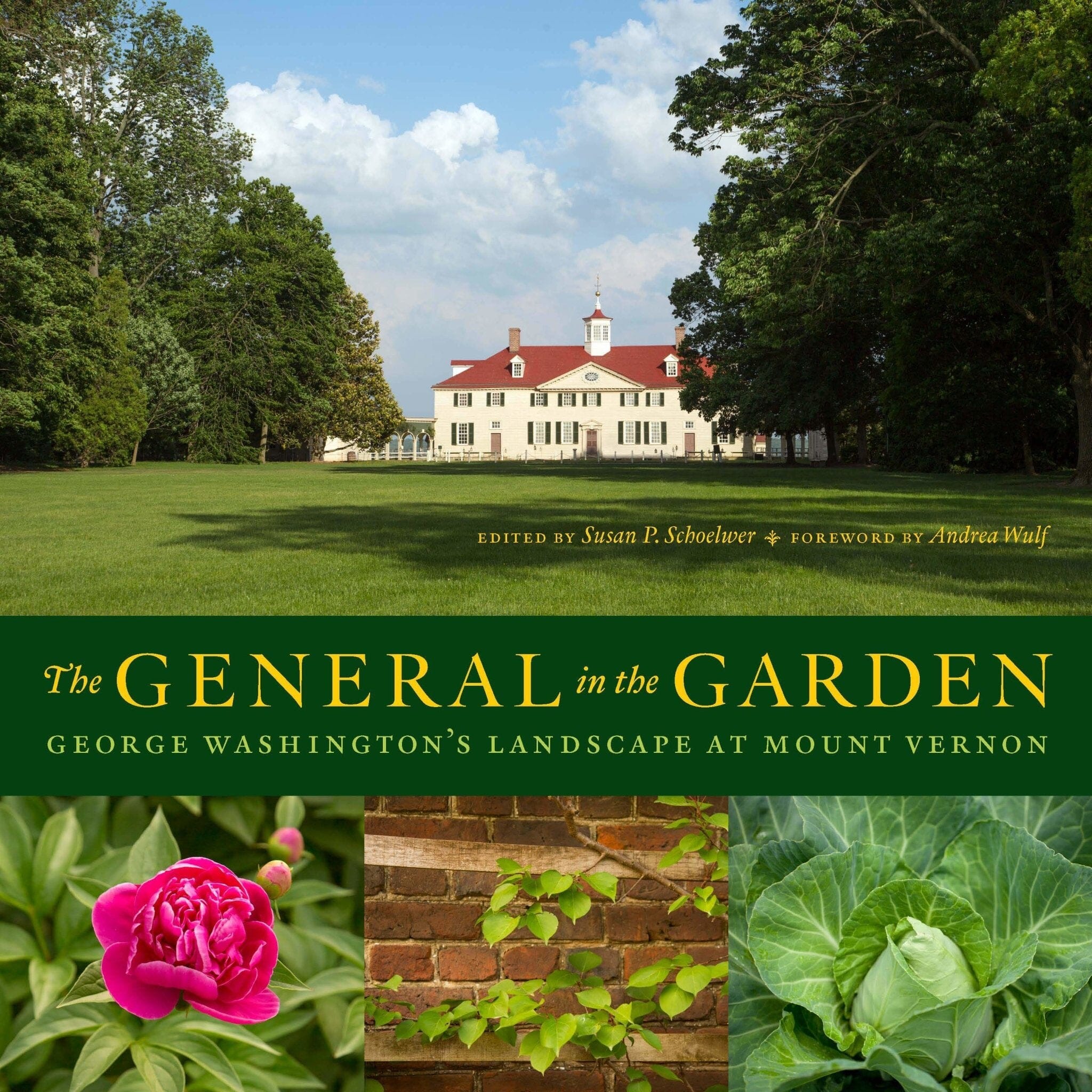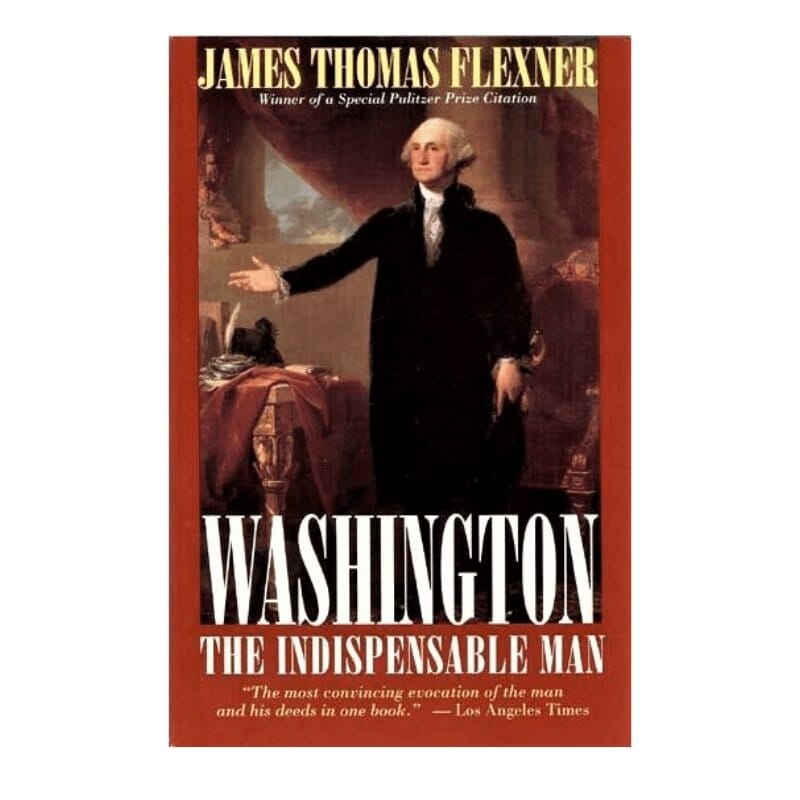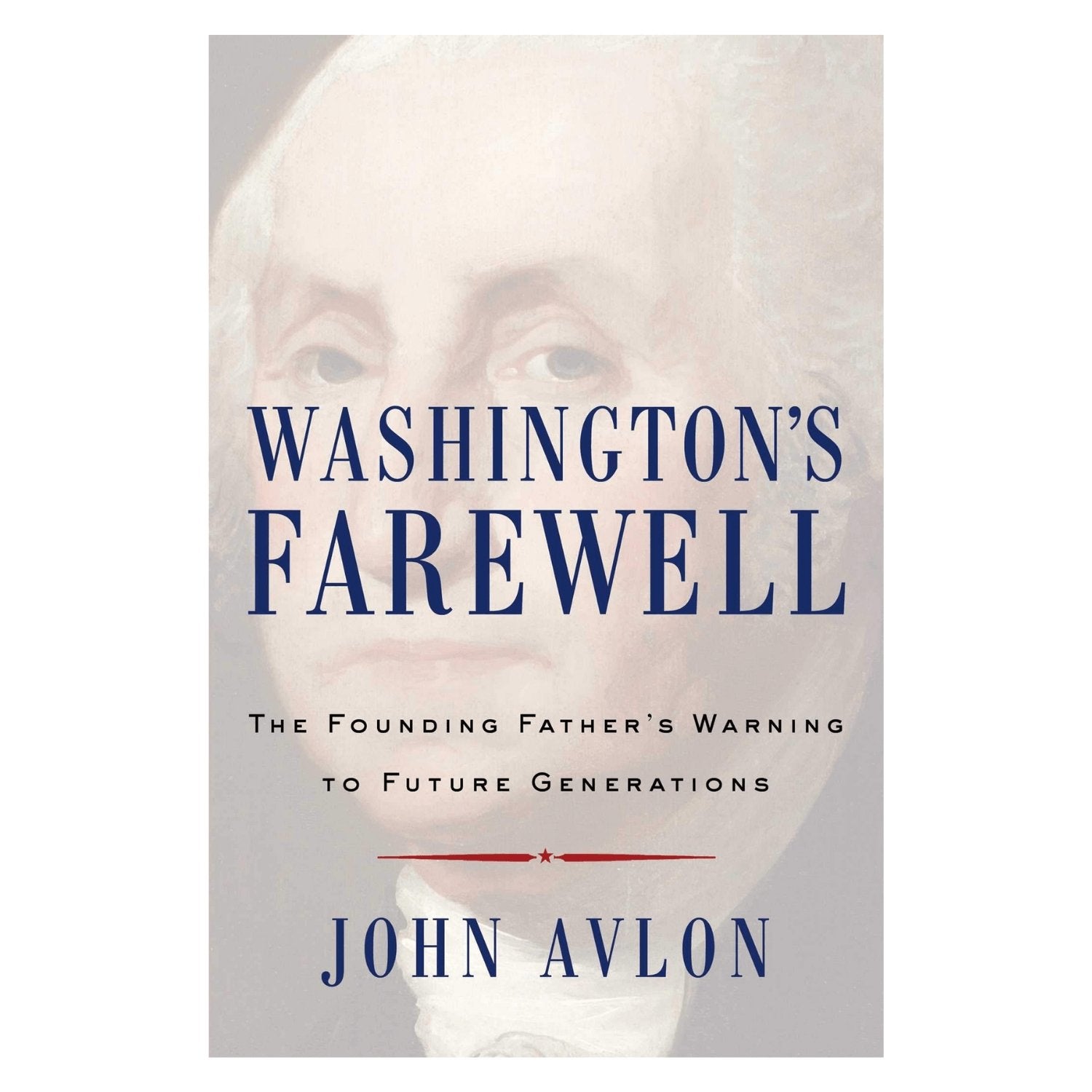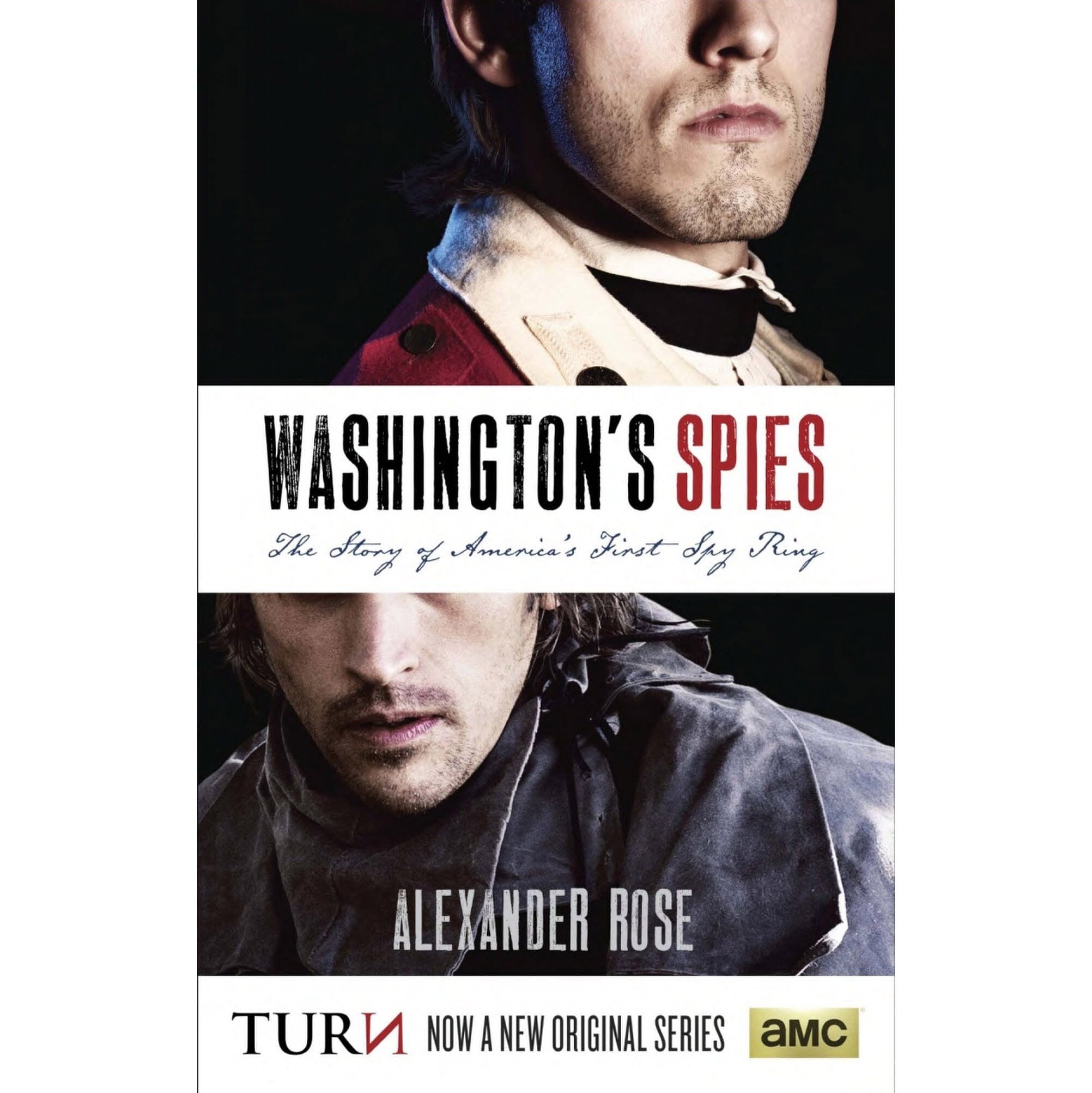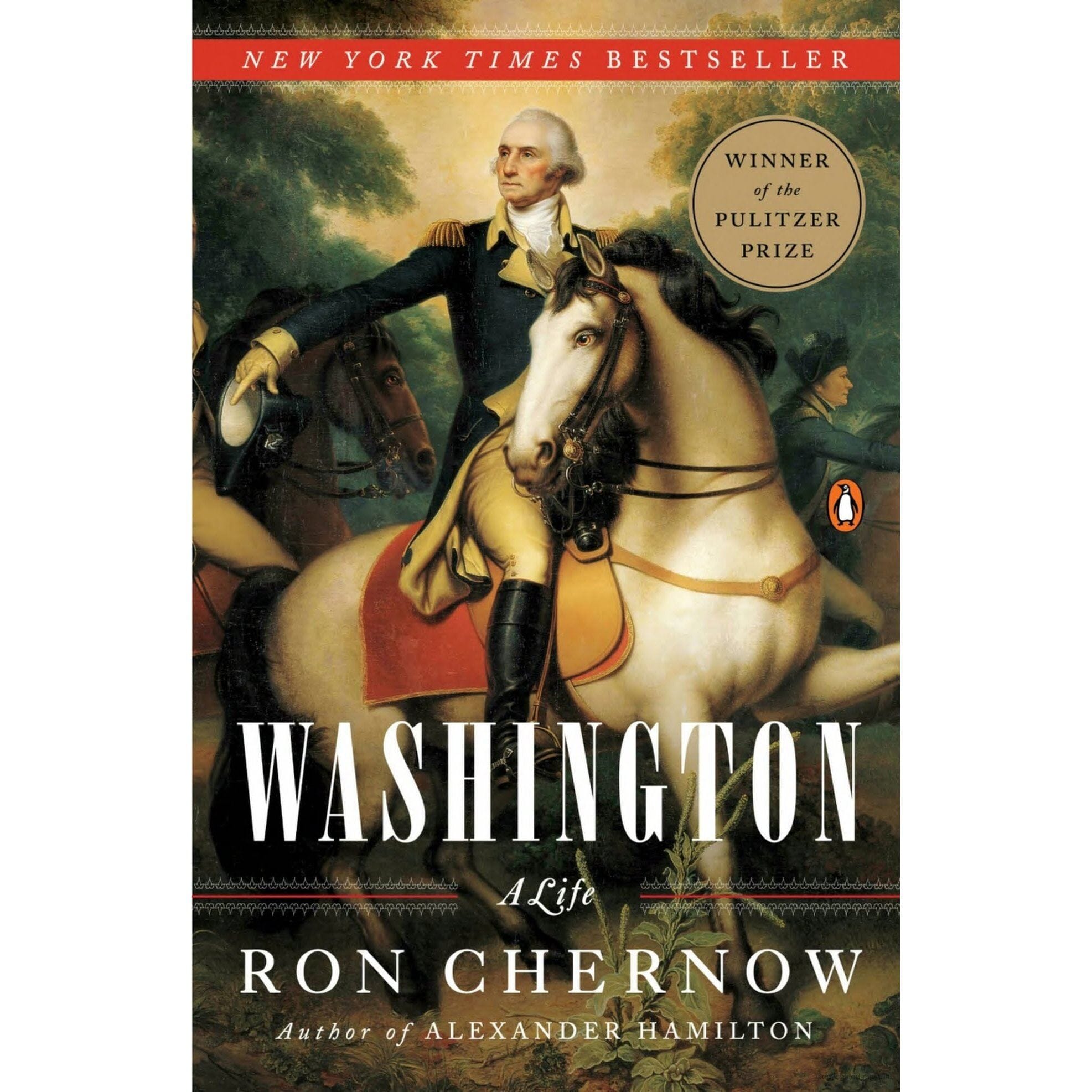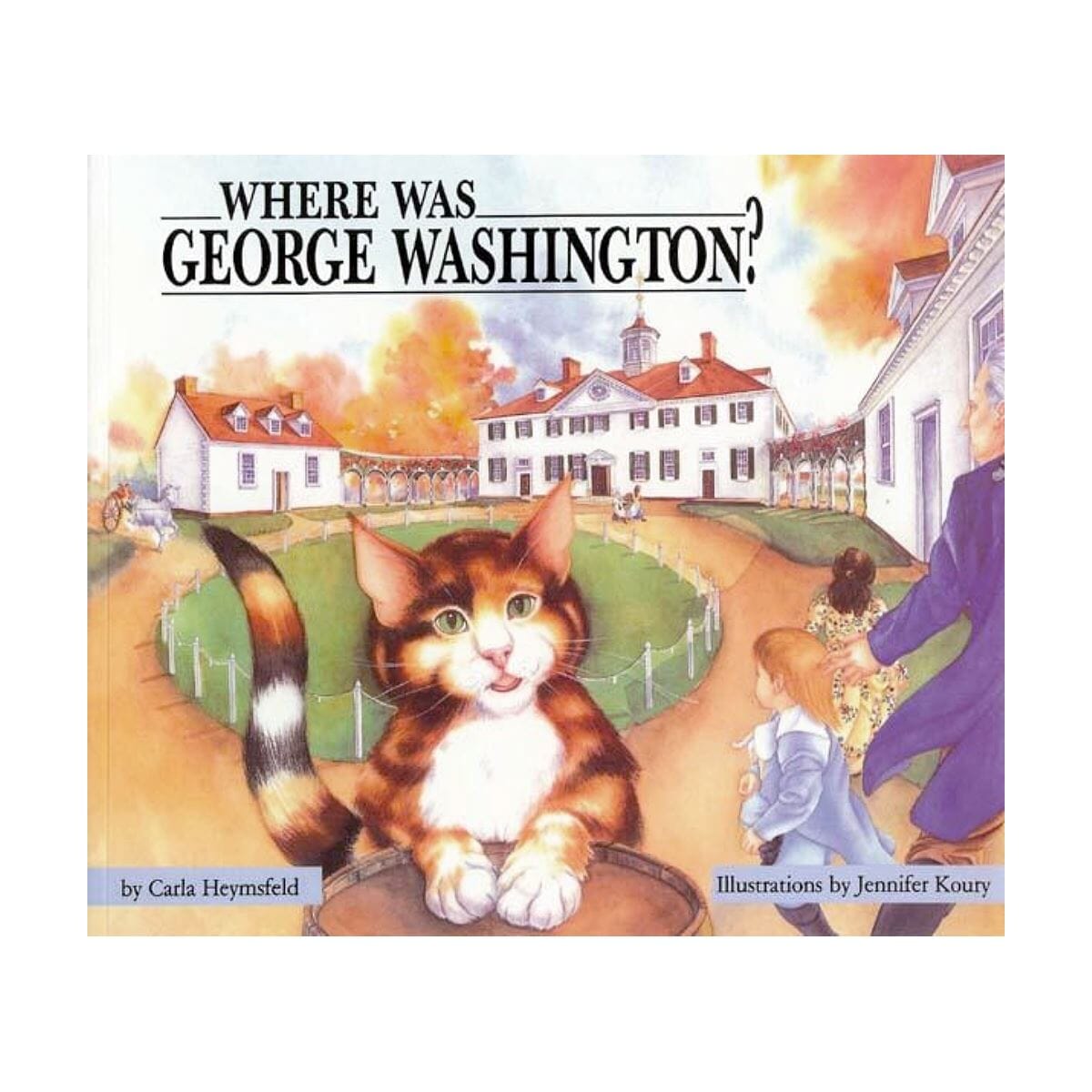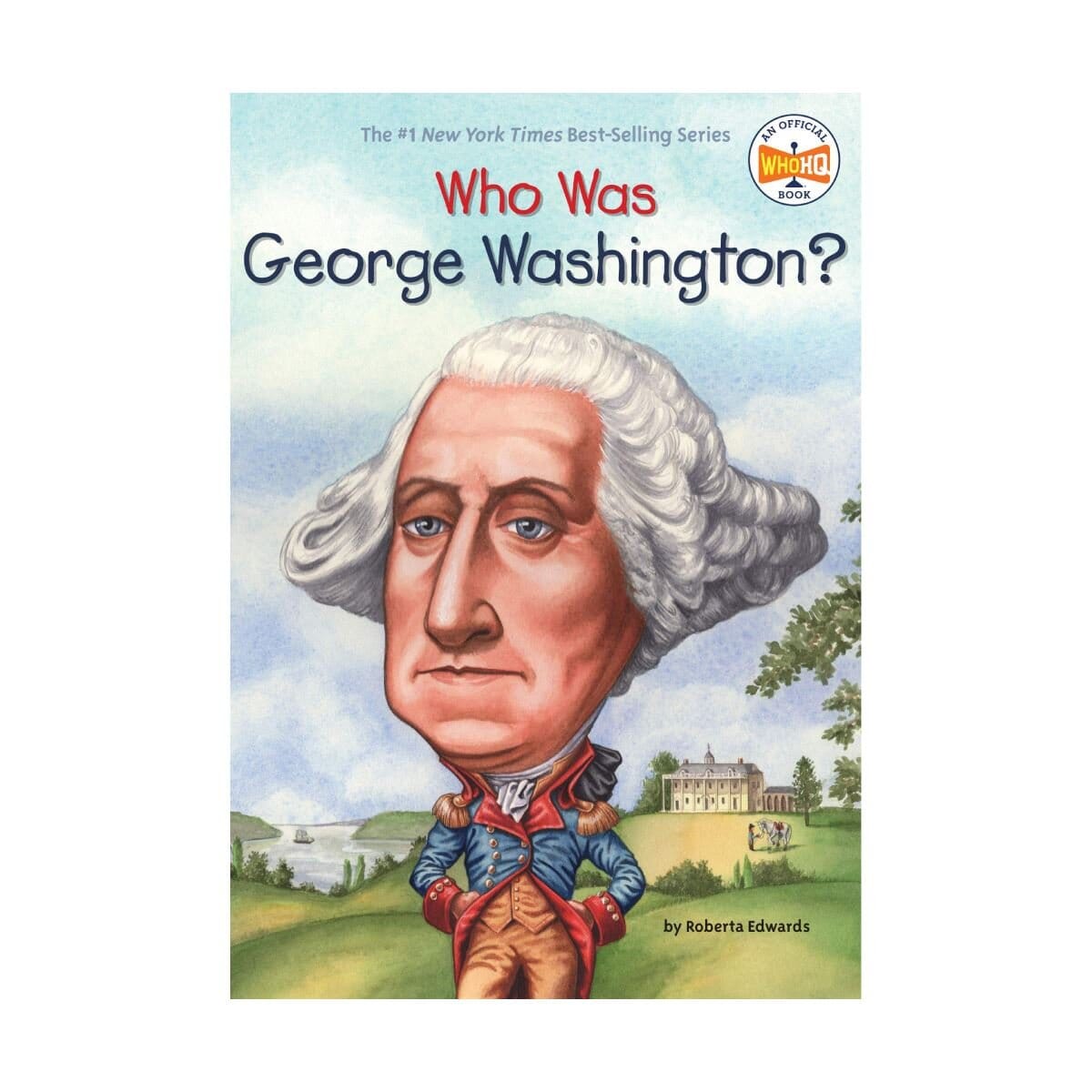George Washington's forays into the Ohio country shaped his career and sparked a global war.
In 1753, Lieutenant Governor Dinwiddie of Virginia ordered a young, ambitious 21-year old George Washington on a mission deep into the Ohio Country to confront the French. Washington’s account of his journey to Fort Le Beouf and back made Major Washington a celebrity on both sides of the Atlantic.
In 1754, Washington’s surprise attack upon a small French force at Jumonville Glen and his subsequent surrender to French forces at the Battle of Fort Necessity helped to spark the French and Indian War, which was part of the imperial conflict between Great Britain and France known as the Seven Years’ War. The following year, Washington accompanied Major General Edward Braddock on his ill-fated march on Fort Duquesne.
During the French and Indian War, Washington learned many important military lessons that he would incorporate into the American Revolution.


Events of the French & Indian War
George Washington's career as a soldier began on the Virginia frontier.
Explore the Timeline
The Allegheny Expedition
Learn more about George Washington’s perilous 1753 mission into the Ohio Valley and the message that he delivered to the French.
Learn More
Maj. Washington
From his mission to the Ohio in 1753 to his actions at Jumonville Glen and Fort Necessity, George Washington was at the center of the action at the opening of the war.
Learn more
The Journal of Major George Washington (1754)
The journal provides a first-hand glimpse of frontier diplomacy, the beginnings of the French and Indian War, as well as early indications of Washington's well-documented physical vigor and leadership.
Learn More
Skirmish at Jumonville Glen
Lieutenant Colonel George Washington's surprise attack on a French party at Jumonville Glen ignited the French & Indian War.
Learn more
Battle of the Monongahela
Learn more about the Battle of Monongahela—the battle where Gen. Edward Braddock's forces were defeated and Washington served as aide-de-camp.
Learn More
Braddock's Defeat: An Interview with David Preston
Learn more about Braddock's March and the 1755 Battle of the Monongahela in our interview with the author of Braddock's Defeat.

Seeds of Revolution
A 1757 letter in Mount Vernon's collection reflects Washington's frustration with the royal government during the French & Indian War—foreshadowing a revolution 20 years away.
Learn moreWould You Survive the French and Indian War?

Native Americans
Washington had a complicated relationship with Native Americans. Throughout his life, he negotiated with and served alongside native peoples, fought against others, and sought their land for his own prosperity.
Learn more
Nation to Nation: George Washington and the Native Americans
Historians Fred Anderson and Brett Rushforth describe George Washington's early encounters with Native Americans and his developing views and policies towards these indigenous people later in his presidency.
Watch the Video
Map: Battles of the French & Indian War
Explore the campaigns and locations associated with George Washington during the French and Indian War in and around the Ohio Valley.
Books on George Washington
"First in war, first in peace, and first in the hearts of his countrymen." Learn more about George Washington.
Articles of Capitulation

Read the translated terms of surrender signed by George Washington on July 3, 1754, at Fort Necessity.
Dagworthy Controversy

In 1755, George Washington became embroiled in an argument over how his colonial rank compared to royally commissioned British officers.
Christopher Gist

Christopher Gist, an experienced frontier surveyor, accompanied George Washington on his first expedition to the Ohio Country in 1753.
Forbes Expedition

This 1758 campaign, led by British General John Forbes, was ended with the successful capture of Fort Duquesne at the forks of the Ohio River, modern-day Pittsburgh, Pennsylvania.
Surveying

George Washington was an avid surveyor, whose experience charting tracts of land in the Virginia backcountry aided him in the French and Indian War.
Thomas Cresap

Thomas Cresap was a founding member of the Ohio Company, who helped lay out a portion of the road eventually used by Major General Edward Braddock during his 1755 military campaign.

